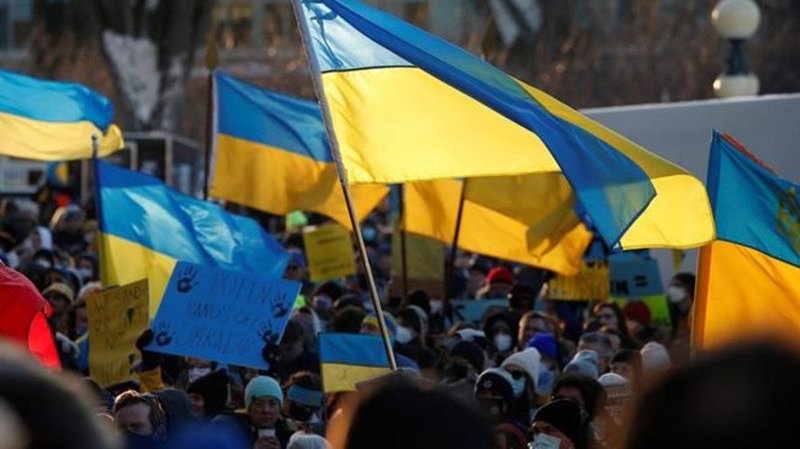
Year in review: A look at news events in February 2022
A look at news events in February 2022:
1 – The demonstrators still taking part in a protest in front of Parliament Hill said they were staying put until all COVID-related restrictions were lifted. Some extended their stays at hotels or asked to rebook for the coming weekend.
1 – Tampa Bay quarterback Tom Brady announced he was retiring after 22 seasons in the NFL so he could spend more time with his wife, supermodel Gisele Bundchen, and three children. The 44-year-old won seven Super Bowl rings over his career with the New England Patriots and Tampa Bay Buccaneers.
1 – The head of the World Health Organization said 90 million cases of coronavirus had been reported since the Omicron variant was first identified 10 weeks ago. That’s more cases than all of 2020, the first year of the COVID-19 pandemic.


